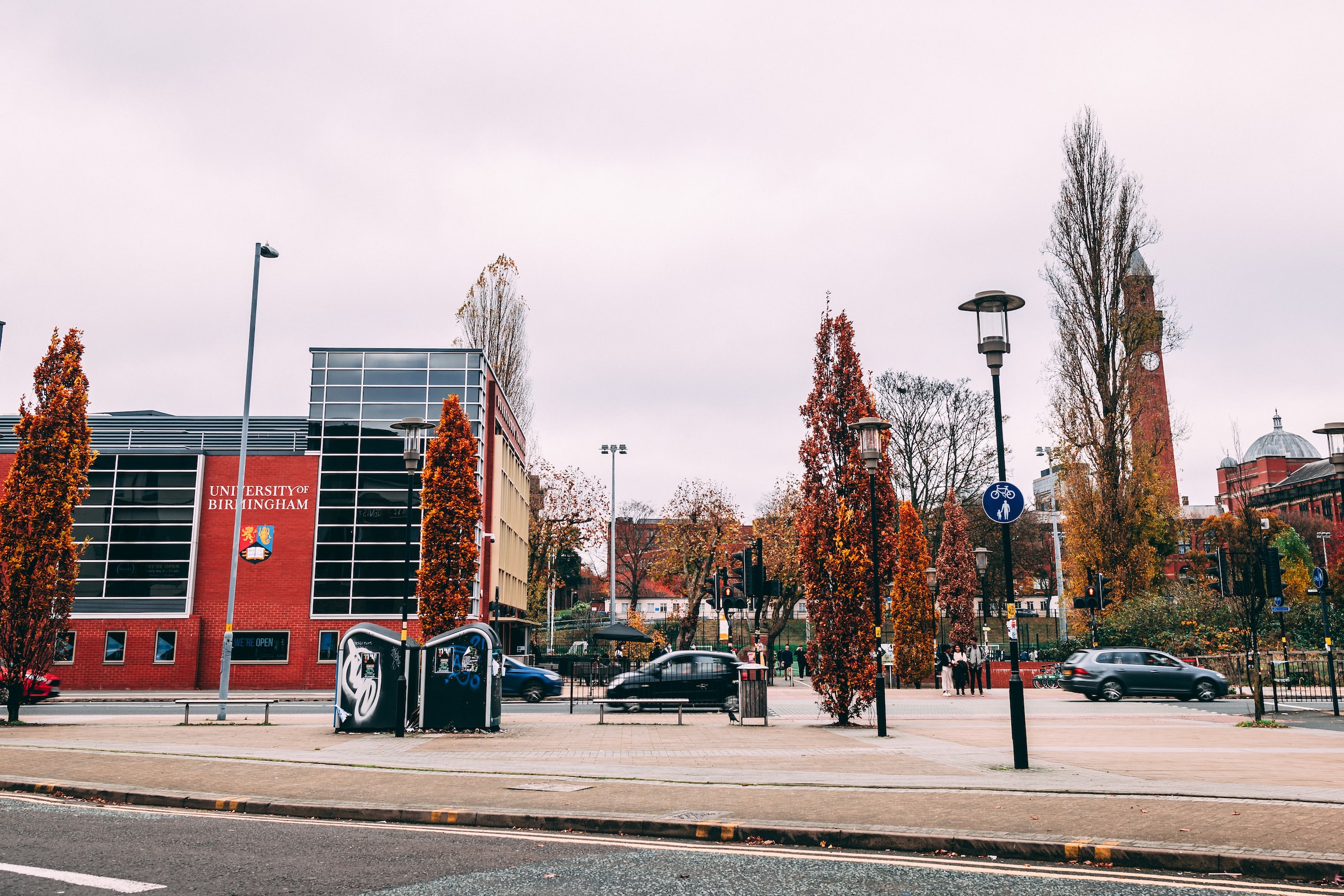
UCU addresses the ‘dehumanisation’ of academics undertaking casualised work in its January 2020 report, examining these ‘exploitative’ practices
The University and College Union (UCU) have released a report outlining the detrimental effects of the casualisation of academic labour, labelling it ‘a fundamental attack on the human dignity of those caught up in it.’
The main issue addressed in this report is the ‘dehumanisation’ of academics undertaking casualised work, which researchers assert is taking place in four ways: ‘it renders staff invisible and vulnerable, curtails their agency and freedom, and prevents them from rendering a long-term narrative of their career that can provide meaning to their lives. They are treated as second-class academics.’
The report goes on to examine these ‘exploitative’ practices, giving examples from individuals who have experienced dehumanising workplace environments. One academic explained that ‘They had 10 months funding but made me work 11 months, one month over the summer unpaid.’ Another described the experience of relying on the patronage of another scholar as ‘the systematic destruction of my self-esteem.’
They had 10 months funding but made me work 11 months, one month over the summer unpaid
Attention is also drawn to statistics from the Higher Education Statistics Agency (HESA), which show that almost 33,000 researchers (67%) are currently on fixed-term contracts. As well as this, it is noted that universities rely on an ‘army’ of nearly 70,000 ‘atypical’ staff, who are often on extremely short term contracts and are required to be highly flexible.
Launched on Martin Luther King Day 2020 (20th January), it is suggested that responses to the investigation should consider the legacy and teachings of Martin Luther King, and employers should adjust their practices accordingly.
Within the introduction, it is also highlighted that the casualisation of academic labour overlaps with other forms of oppression as well, namely due to the fact that ‘fixed-term and casual contracts are disproportionately likely to be held by women and BME staff.’
Fixed-term and casual contracts are disproportionately likely to be held by women and BME staff
The report calls upon the Office of Students to ‘demand comprehensive data about universities’ reliance on casualised labour in teaching.’ It also criticises the notion that humans are resources to be utilised by universities for financial gain, and encourages universities to work with UCU in order to provide staff with more secure contracts.
This report follows on from a June 2019 report, also from UCU, which examined a number of issues relating to the types of contracts offered by higher education employers, and the ways in which these impact both staff and students.
The report, which was compiled based on data from a survey of 3,802 academic staff, found that not only are precarious contracts placing strain on the financial prospects of the staff involved, but they also negatively affect the quality of teaching.
Within this initial report, the University of Birmingham was named by UCU as one of several universities to rely on casual worker status to fill academic roles.
The January 2020 report, and the questions it raises, are part of an ongoing struggle regarding employment conditions in higher education. In November of 2019, academic staff across the UK participated in strike action.
Although in part the eight day strike was in response to disagreements about pension schemes, action was also taken due to unsatisfactory working conditions, including the casualisation of the higher education sector described by UCU.
Comments